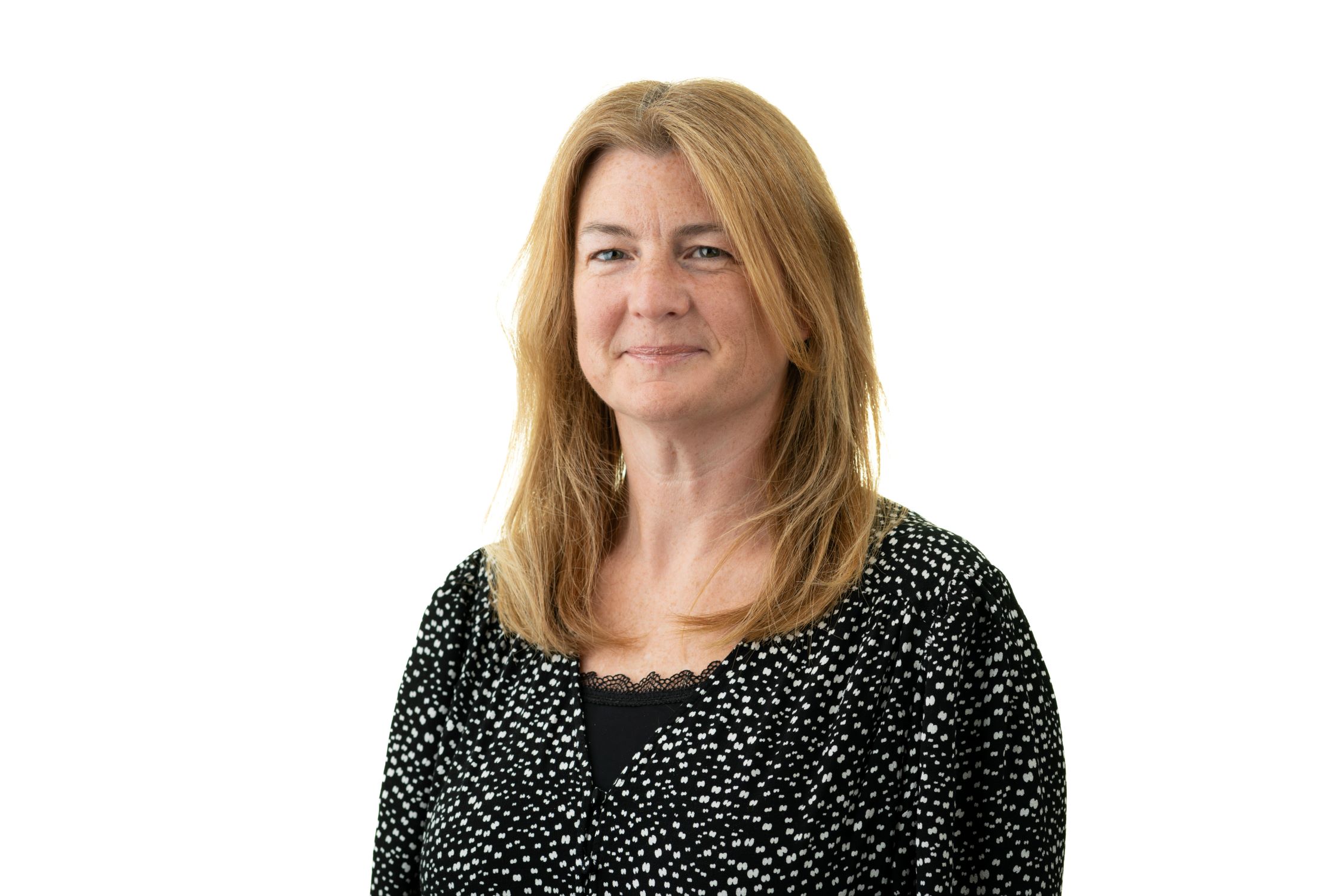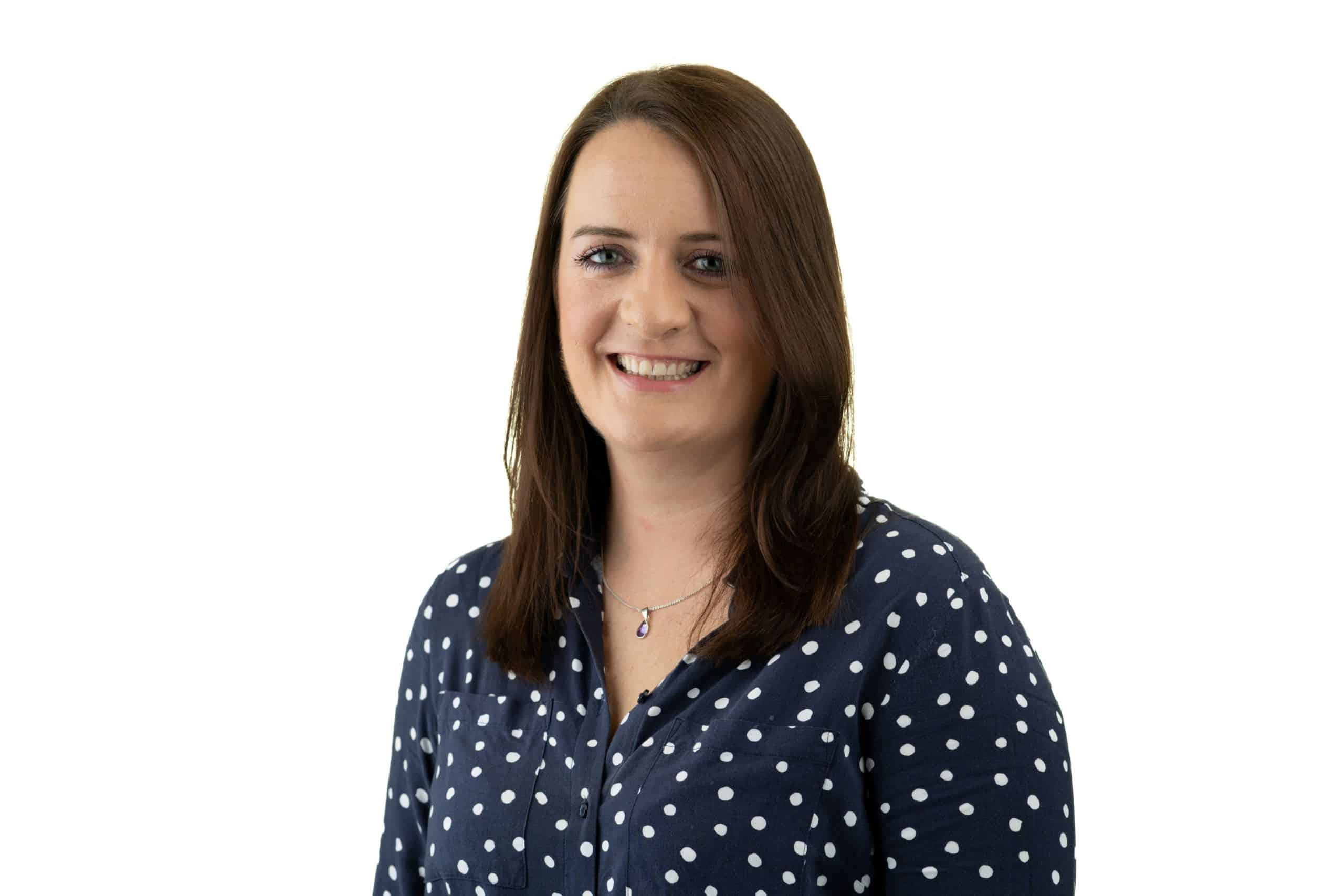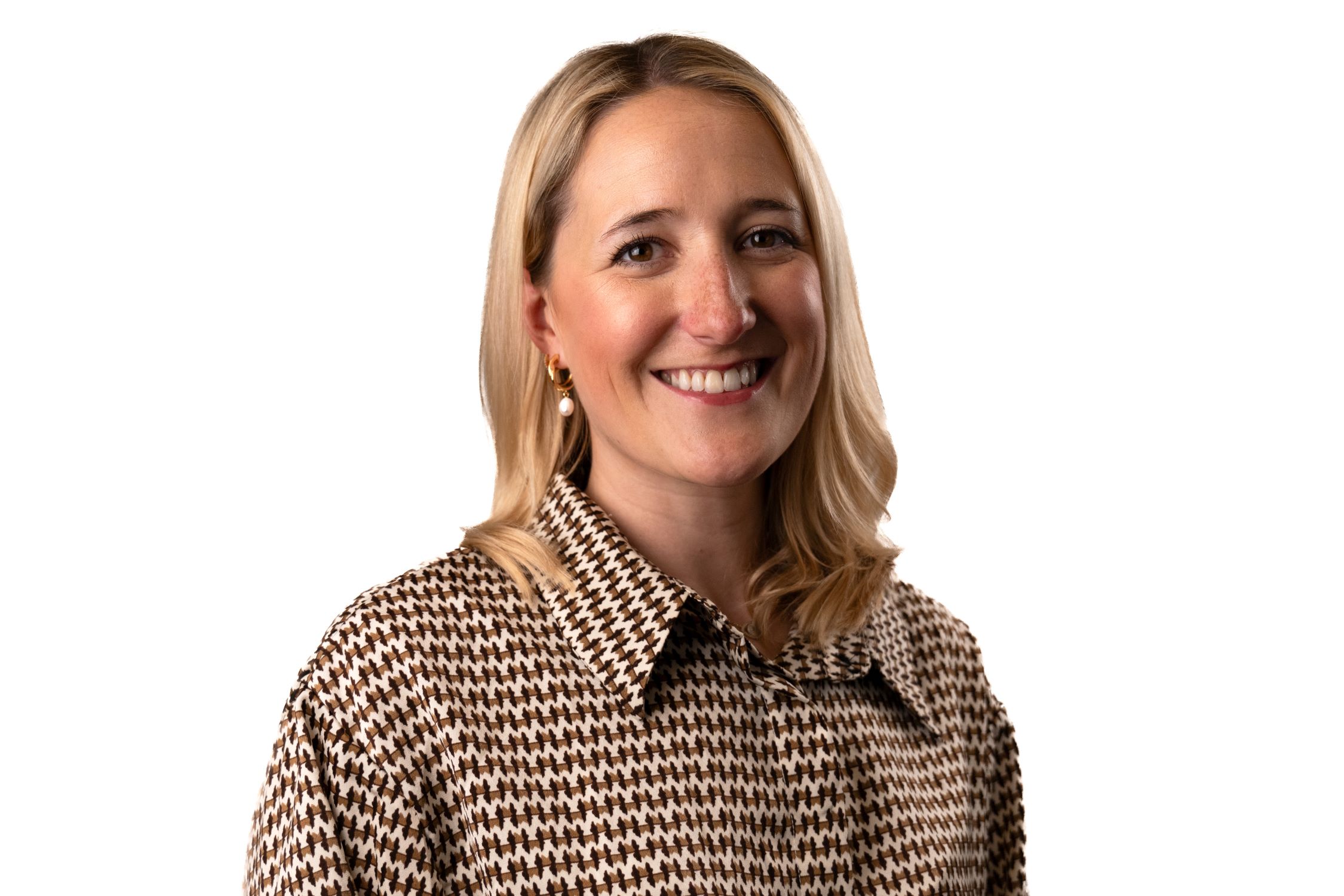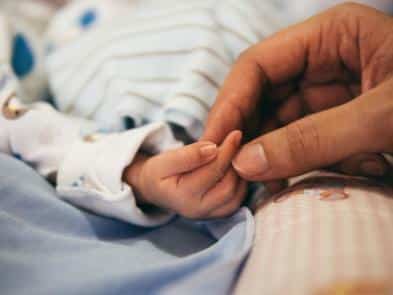
 " alt="">
" alt="">
Fatal Accident Negligence Claims
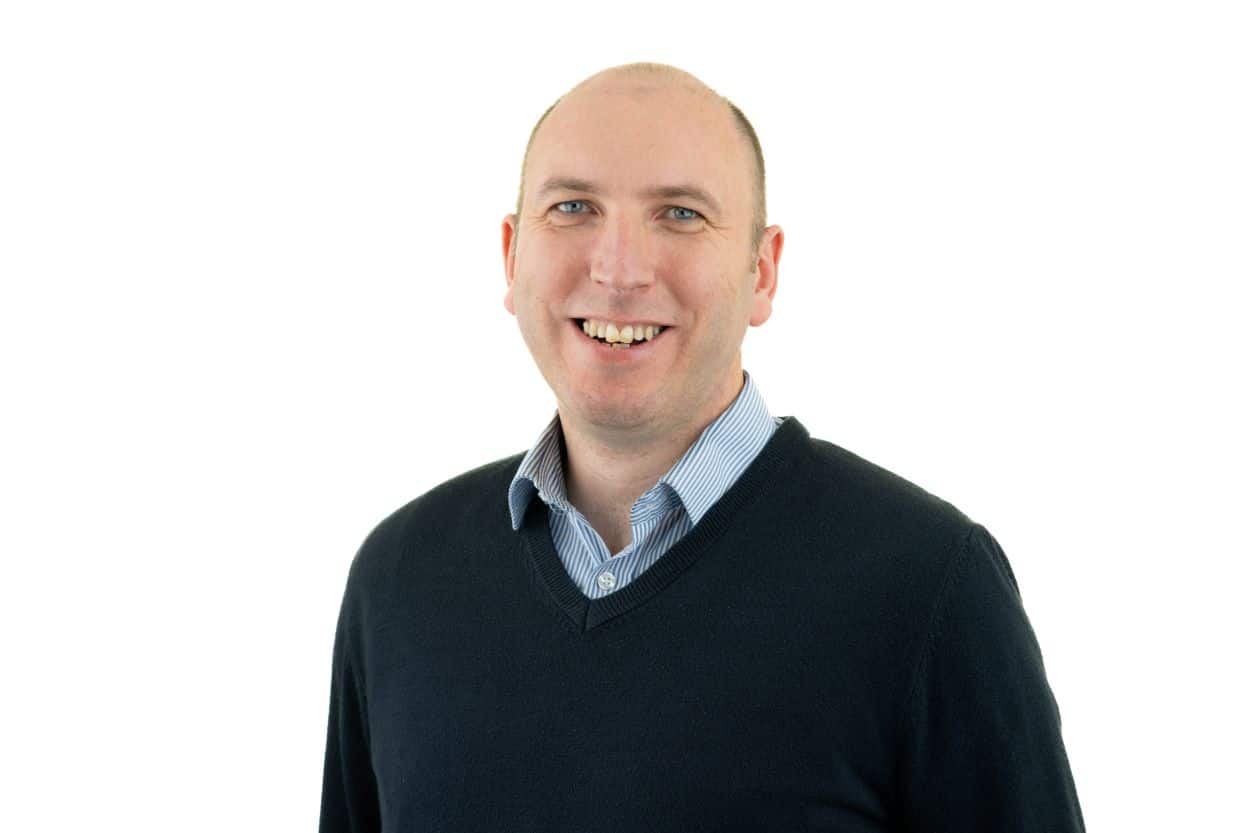
Reviewed by
Peter Rigby - Director of Medical Negligence
We've got your Fatal Accident Claim covered
- No win No fee
- Not just lawyers - real specialists
- No obligation
- UK's highest-rated medical negligence solicitors
While the majority of healthcare is to a high standard, medical negligence can occur and this could be fatal and potentially result in the patient losing their life. If this is the case and fatal medical negligence has occurred to your loved one, you could make a claim for compensation.
The death of a loved one is truly devastating and at Patient Claim Line, we understand that nothing can fill the hole that a loved one leaves when they pass away, and we also know that it is important to be compensated for the loss if it was due to negligence.
If you make a fatal medical negligence claim, we will handle your case with the greatest care and consideration. We will deal with conversations surrounding your loss very delicately and make sure we explain the process of dealing with a fatal claim sympathetically.
Find out if you
have a claim
Take the 10-second claim test
Free Advice
03300 080 352
claim form
We're the highest-rated No Win No Fee medical negligence solicitors on Trustpilot
Can I Claim Compensation If My Loved One Has Died Due To A Medical Negligence Accident?
Yes, if your loved one has passed away due to medical negligence, you may be able to claim compensation for their accidental death.
Every medical professional in the UK has a duty of care to treat all of their patients with an accepted standard of care and if the care falls below this standard, it is classed as negligence. If a medical professional has failed their duty of care and this has resulted in harm or death, you can make a claim. In tragic cases where death has occurred due to medical negligence, the compensation will typically go to a family member such as a spouse or parent.
What criteria do we consider when accepting a fatal accident claim?
When assessing the validity of your fatal negligence claim, and how successful this might be for you, our medical negligence experts will consider the following factors:
- Whether the deceased person had any dependants.
- Whether the deceased was still working prior to their death.
We look at this information to help build a picture of what the financial impact might be on the remaining family, following the death of their loved one. All of this is built into the case on your behalf, to ensure the most fair and just settlement following your loss.
Although distressing, it is unlikely for us to be able to take on your case if the above criteria is not met in some way. Although if you are uncertain, and would like to discuss this, we would be happy to advise.
It is also possible that the negligence did not cause the death of your loved one directly, but may have made their condition worse before they passed. For example, your loved one may have suffered pressure sores, or general pain and suffering that might have been avoided – if they had received the right care at the right time. If this is the case, then a different medical negligence claim could still be brought.
When considering the eligibility of your claim, you may be asked questions to identify whether the alleged medical negligence caused the passing of your loved one, or whether the claim relates to avoidable pain and suffering endured by the deceased, before they died of an unrelated condition.
As we look to understand the circumstances of your loved one’s death, we will guide you through these questions sensitively and in your own time. Claims of this nature are generally brought forward by the deceased’s husband, wife, or civil partner. Other family members are all potentially eligible to claim a financial loss if they no longer have the deceased’s financial support, or the benefit of services the deceased carried out for them.
All of this will be discussed when you contact our team for advice.
How Patient Claim Line Can Help With Your Fatal Medical Negligence Claim
If you have lost a loved one due to medical negligence in the form of a preventable accident, we understand what a difficult time you are going through. At Patient Claim Line, our team of medical negligence solicitors are fully trained to sensitively discuss your situation with you, to determine the financial loss that you may suffer from due to the loss of your loved one. We will fight for your compensation for you, and take as much stress out of the situation as we can.
Different Types Of Fatal Accident Negligence Claims
Fatal accident claims can be split into three different parts:
Funeral and Associated Expenses
The funeral costs, the cost of any headstone, and any insurance policy excess can all be recovered for family members. As long as we can provide evidence that the funeral was not excessive, all expenses mentioned above can be recoupled with a successful fatal medical negligence claim.
Bereavement Damages
If the medical negligence accident occurred on or after 1 May 2020, there is a statutory bereavement award of £15,120. However, this figure is only payable to a spouse or civil partner (or potentially a partner if living together for more than 2 years), and for the mother or parents of a child under 18 who passed away.
Dependency
To be able to make a dependency claim, it needs to be established that you were dependent on the deceased and that you would have carried on being dependent in some way had he or she not received medical negligence and passed away.
These Types Of Fatal Accident Negligence Claims Apply To:
- The spouse, civil partner, or former spouse of the deceased
- A person who was living with the deceased as though they were married for at least two years before the date of death
- A parent, grandparent or great grandparent of the deceased
- Anyone who was created by the deceased as their parent
- The brother, sister, uncle, aunt, niece, nephew or cousins of the deceased
- Any child or other descendant of the deceased who was treated as a child of their family
If you have lost a loved one due to avoidable medical negligence, and fit into any of the above conditions, you may be able to claim for compensation. We will fight your battles for you and do everything we can to get you and your loved ones the justice you deserve. We place our clients and their families at the heart of everything we do, treating each case individually.
Who Can Make A Fatal Medical Negligence Claim?
The person representative of the deceased, or the executor of the estate, usually makes the fatal medical negligence claim. The personal representative of the deceased (usually a spouse, parent or adult child) will need to get a Grant of Probate (if there is a will) or a Grant of Letters of Administration (if there is no will) so that they can deal with the deceased’s estate and financial affairs.
If there’s a will, the appointed representative from that will be the Executor of the Estate; if there isn’t then an Administrator will be appointed. Some banks and financial institutions will also deal with the deceased’s affairs without a Grant being obtained if the estate is worth less than £15,000.
How Much Compensation Could I Receive For A Medical Negligence Accident That Has Resulted In Death?
The damages awarded for death by medical negligence will vary from case to case, this will be due to a range of varying factors including the amount of suffering that was caused by the deceased patient, and also the financial impact that will occur for the family members. When making a fatal claim for a deceased loved one, you may be able to claim for financial losses that occurred as a result of the death, this could be due to a loss of income or any funeral costs.
What Are Common Types Of Medical Fatality Claims?
Accidents in medical care do sometimes occur, and below are some of the examples of the types of medical fatality cases that can occur:
- Surgical errors leading to fatality
- Misdiagnosis of symptoms leading to fatality
- Accidents in A&E that lead to fatality
- Prescription errors, such as incorrect dosage leading to fatality
This is not an exhaustive list and if your loved one has passed away due to any form of medical negligence accident, we can help.
How Do I Make A Fatal Medical Negligence Claim?
To start a fatal medical negligence claim, the representative or the executor should get in touch with a medical negligence solicitor, such as Patient Claim Line. You can contact our medical negligence expert solicitors by calling 0330 105 0053 or by filling in our claim form. We will look at your case on a No Win No Fee basis, meaning it will cost you nothing to find out whether you could make a claim.
We will assess your case thoroughly to find out whether you could make a claim. If you proceed with your claim, we will gather all of the necessary evidence to quantify the amount of compensation you and your family deserve as a result of the death caused by medical negligence.
Contact Patient Claim Line Today
If your loved one has sadly passed away due to medical negligence that could have been avoidable, get in touch with us today and we can help you to get the compensation you deserve.
Why Choose Patient Claim Line for your Fatal Accident Claim?
Not just lawyers — medical negligence experts
Patient Claim Line was established in 2014 and consists of a team of medical lawyers specialising in cancer negligence and general medical negligence claims.
At Patient Claim Line we have more than 100 solicitors with a combined experience of over 400 years and they will work on your behalf to achieve the best result possible for you.
It’s not enough to use a solicitor who sometimes covers medical negligence. You need someone who knows this area through and through. That is what the solicitors here at Patient Claim Line do. They deal exclusively in this area of law and are experts in the field.
Frequently asked questions about Fatal Accident Claims
Our expert legal team answer your questions about making an Fatal Accident Claim
The Fatal Accidents Act 1976 says that the dependents of the deceased are able to claim compensation if a death is caused by negligence. There are different types of compensation that can be claimed under the Fatal Accidents Act:
- Statutory Bereavement Award
- Loss of Consortium (also known as loss of a special person)
- Loss of Past and Future Financial Dependency on the Deceased’s income
- Loss of Past and Future Services Dependency on the Deceased’s services
A fatal accidents dependency claim is commonly pursued by the deceased’s executors, who is nominated in the deceased’s Will or those who are authorised to represent the deceased via probate if they die without making a Will. The executors then usually pursue a claim for compensation on behalf of the dependents. Yet, if, the executors do not begin a claim for compensation within 6 months of the death, the dependents can pursue a claim on their own.
Any fatal accident negligence work claim that you make should be done within three years of the date of death though some exceptions do apply and our experienced legal advisors will be able to discuss these with you.
If you’re unsure about the timescales of your claim or if there is any ambiguity around the details of your claim, we recommend you speak to one of our legal advisors free of charge.
Meet our Fatal Accident Team
Case Study
Sarah's Story
"Now we have peace of mind"
My husband, Nick, went back and forth to the doctors for a long time and tried everything the doctor recommended. But his illness got worse, to the point that he was in agony.
In the end we got so desperate that we asked for a referral. The doctor was reluctant, so we had to consult a private hospital. That’s when we found out there was a tumour. It took years from the onset of his illness to finally start cancer treatment.
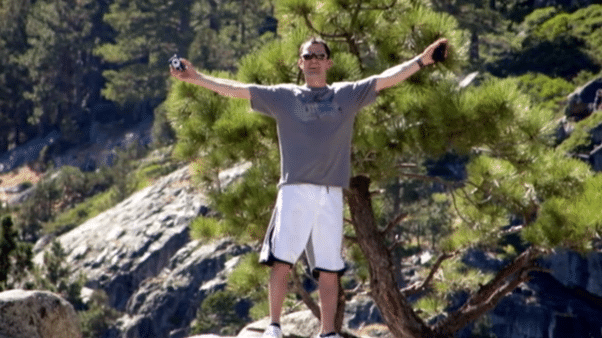
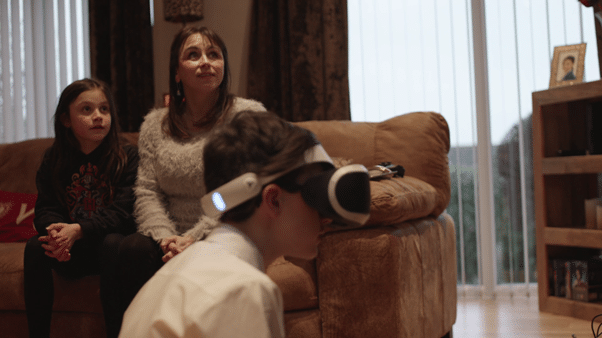
He used to be a man with a lot to live for, but in the end he was in so much pain that he withdrew from the family. He became angry that nobody had helped him sooner, and the legal team were able to give him the validation that he was desperately seeking. The NHS confirmed if they had done more, Nick would still be alive today.
